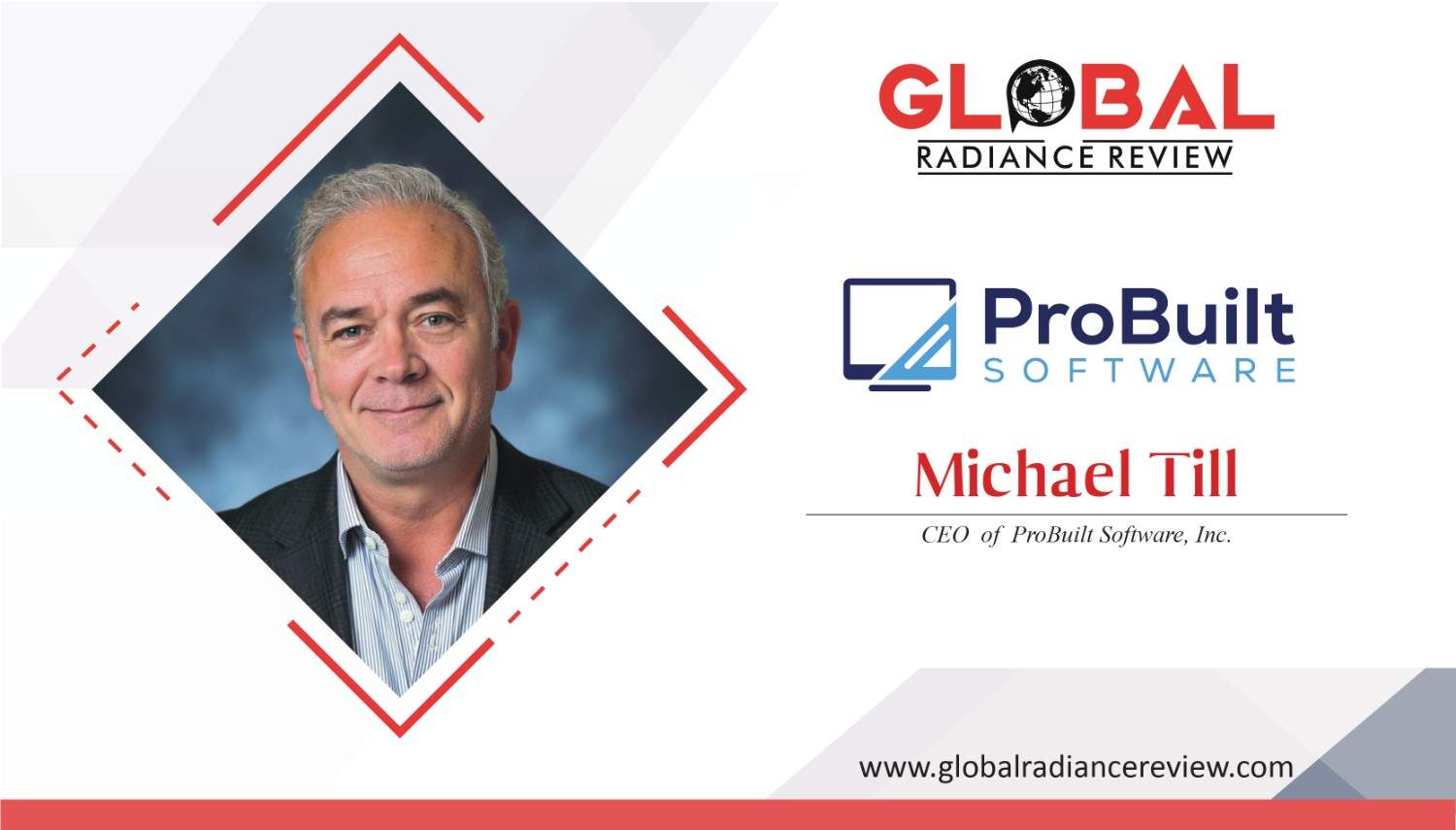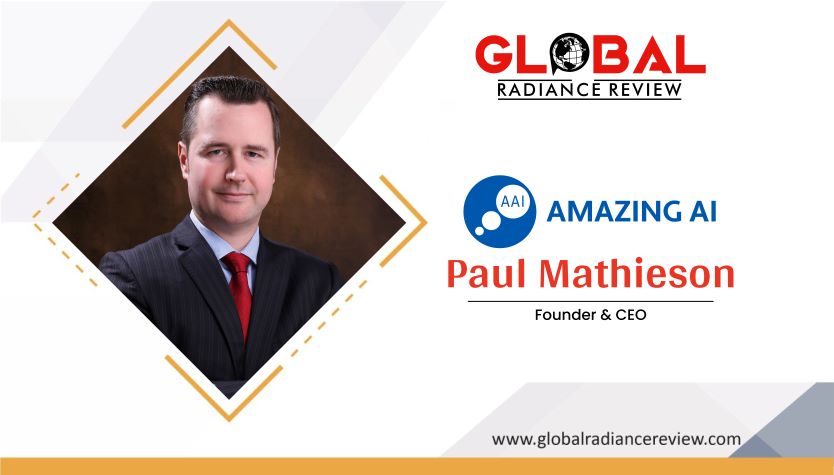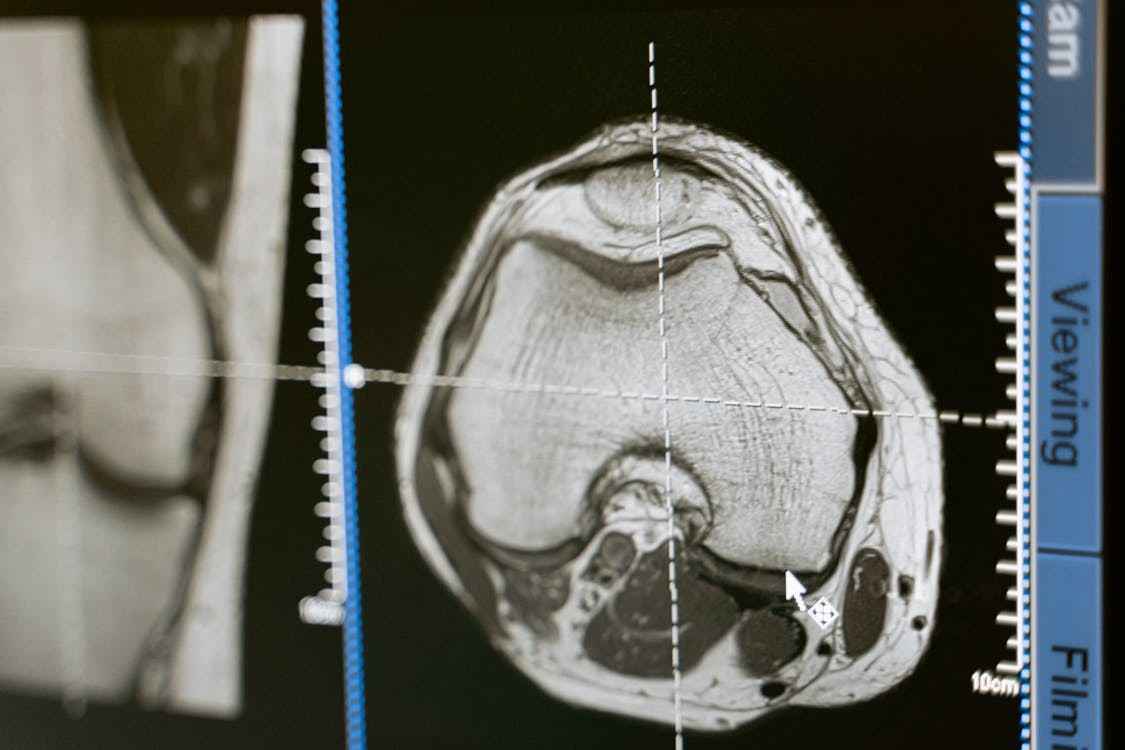What springs to mind when you consider the "smartest" tech firms? An organization with a significant, worldwide presence or a dazzling new AI tool. What if a company fixed something so basic and flawed that everyone else just accepted it as "the way it is"? That would be a brilliant business.
Because of its story, ProBuilt Software Inc. is a serious candidate for the "20 Smartest Companies of the year 2025" award. They chose to address an issue that has bedeviled cloud software for 25 years—the one-page-at-a-time (OPAT) model—rather than following trends.
The Problem with Today's Software
Consider your computer usage habits. You most likely have several open programs with windows arranged according to your preferences and the ability to switch between them quickly. You can drag and drop data between documents or compare them. Real-time connections and multitasking are features of the human brain.
However, that all disappears when you use the cloud-based software. One page at a time, linear work is required of you. A customer record fills your screen when you click on it. You have to click away from the record, wait for a new page to load, and then lose your place to view an invoice from that customer. Productivity is destroyed by the[PT1] back and forth that never stops.
CEO Michael Till states this is a significant "blind spot in cloud software." The industry has completely forgotten about actual productivity because it is now so preoccupied with handling payments. ProBuilt recognized that real innovation isn’t about layering on more complexity, but about creating product-centered solutions that make work simpler and faster
A New Architecture for the Cloud
ProBuilt's solution is an entirely new, patent-pending architecture. It's not a user interface trick or a simple add-on; it's a fundamental change to cloud software. The Patent- Pending key advancements are floating forms and data stacking.
Floating Forms: True Multitasking in a Browser
With ProBuilt, you can open as many forms as you need—invoices, work orders, schedules, etc.—and they appear as floating windows on your screen. You can move them around, resize them, and interact with them all simultaneously, without losing your place. This allows you to work across multiple data streams in a single browser tab, like on your desktop. This is a massive shift from the one-page-at-a-time model that has dominated the industry for decades.
As Paul Till, Director of Sales explains, “When users are able to multitask the way their brains are actually built to work, the freedom it unlocks and the productivity increase is substantial.”
Data Stacking: A Wider View of Your Information
In addition to floating forms, data stacking allows you to see multiple lists of information at once. For example, instead of closing a list of customers to open a list of invoices, you can keep both visible and active. This gives you a connected, "wide view" of your data, making it easier to make smarter decisions faster. This is how the software "bends to you," giving you the freedom to arrange your work however you want, rather than being locked into a rigid, linear workflow.
Smart Operations and Company Culture
Being a "smart" company isn't just about the product; it's also about how you operate. Michael Till believes in a streamlined, focused approach.
This culture allows ProBuilt to move faster than larger, more decentralized companies. Michael explains that he prefers a "smaller group of over-performing people" to a large group of less accountable personnel. This operational intelligence allows them to solve problems and iterate on their product at a speed that their competitors can't match.
This company culture is the engine of their innovation. It keeps the product honest and ensures that every new idea is tested, torn apart, and rebuilt, all under one roof.
The "Smartness" of Subtraction
When people talk about "smart" software, they often think about adding features. ProBuilt's philosophy is the opposite. They believe "smart" means tearing away the friction and fixing the basic things everyone has been putting up with. They focus on subtraction, not addition.
This approach is harder to market, but it truly sets them apart. They measure their "smartness" by outcomes—if a user can do a task in five minutes that used to take thirty, that's smart. If a partner company can license their architecture and escape the one-page-at-a-time trap, that's smart. It's all about visible impact and measurable productivity gains.
The Road Ahead
ProBuilt anticipates its most significant challenge is getting people to unlearn decades of ingrained habits. “Many users who may have never used desktop applications, don’t even know that there’s an inherent problem with their cloud software and believe “this is just how cloud software works” and thus accept it “as-is.” Once users experience ProBuilt’s floating forms technology, they’ll never accept being forced into a linear workflow ever again.
Michael Till's leadership is a key factor in this focus. He pushes the team to solve the most critical problems and think about how their decisions will stand up ten years from now. This future-proofing isn't about chasing trends but building a rock-solid foundation that can adapt to whatever comes next.
In the end, for Michael Till, a "smartest company" award would be a milestone, not a finish line. It would be a testament that betting on a better way to build software was worth it. It would be a recognition that true innovation can come from rethinking something as fundamental as how a browser should work. They would share the credit with their customers and partners, who believed in a different approach, and then get back to changing how the world uses software.
-black.png)










